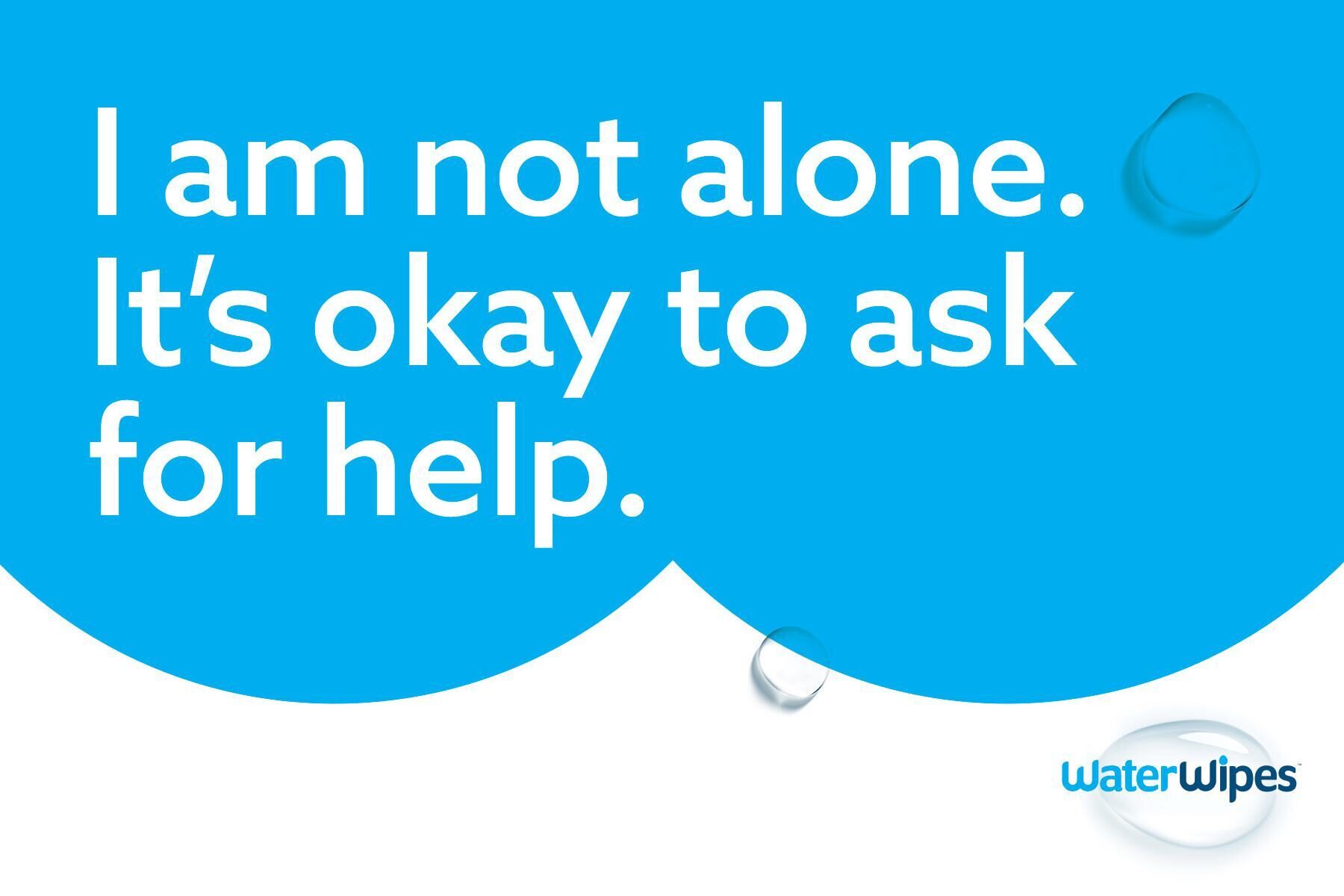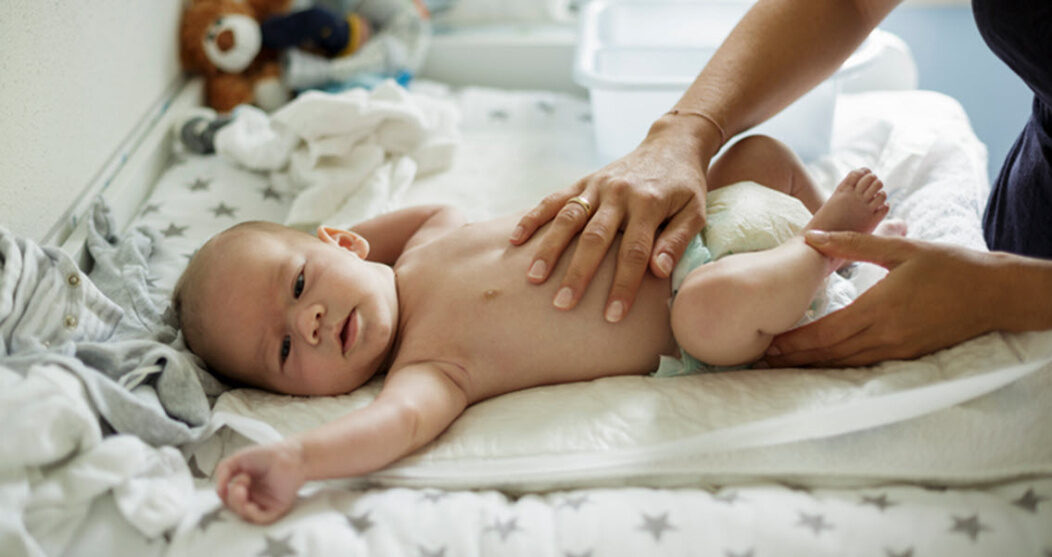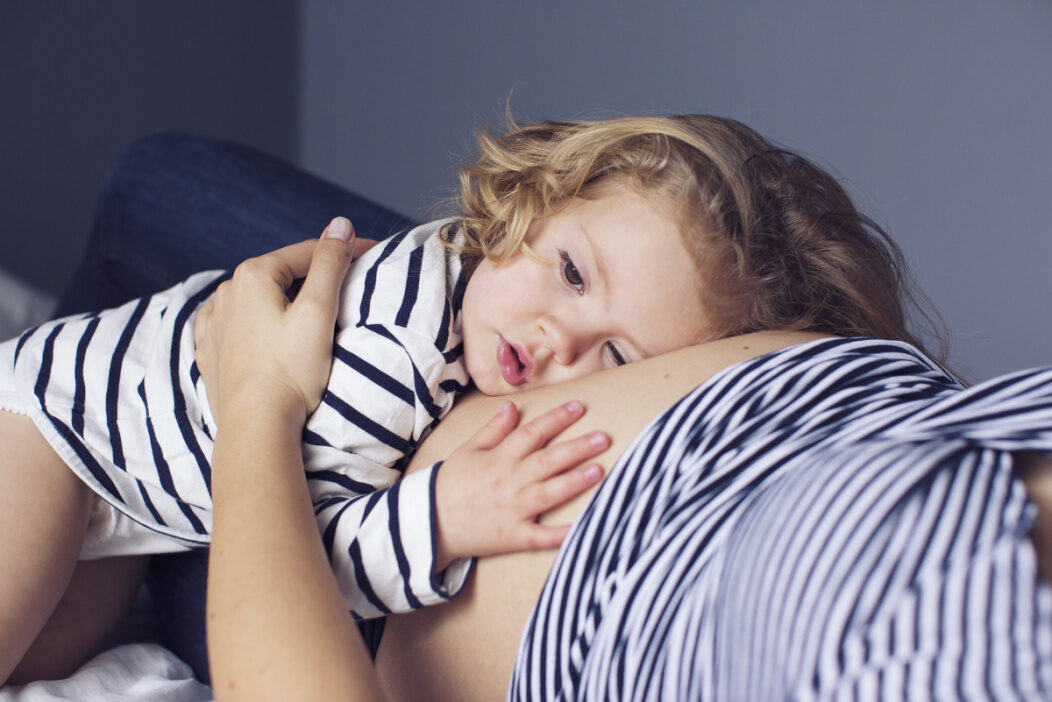Babies who are born early or with certain health issues may be admitted to the NICU. This is the part of the hospital where newborns who need specialised medical care are treated. Having a baby in NICU can be a worrying experience for new parents, but it’s important to remind yourself that this is the best place for your little one to receive the care they need.
This guide will explain more about the NICU and what to expect when your baby is being treated there, as well as providing some helpful tips for when it’s time to bring your newborn home.
What does NICU stand for?
NICU stands for Neonatal Intensive Care Unit. It’s a place within some hospitals where sick or premature babies receive special care.
What is neonatal care?
Neonatal is another way of saying newborn. Neonatal care means caring for your baby immediately after they are born – or caring for babies up to 28 days old1. Over 90,000 babies2 need neonatal care in the UK each year, roughly one in every seven, while in Ireland there around 4,500 babies born prematurely each year11.
Why do babies go to the NICU?
Babies go to the NICU for specialised care or treatment. This could be for a number of different reasons, including if they are born preterm, have low birth weight, or have a health condition that needs close attention3.
Types of neonatal care
There are different levels of neonatal care4, depending on what help babies need. Sometimes a baby will move through the different levels of care as their condition changes.
What is NICU?
The NICU looks after babies that are the most premature. Many of the babies will be in closed incubators and have ventilators or nasogastric tubes administered to help them breathe and feed.
What is HDU?
HDU stands for High Dependency Unit. It focuses on babies that are not as unwell, but still need to be closely monitored. Some babies may be in incubators but others are in cots. Babies may move from the NICU to the HDU after they improve.
What is SCBU?
SCBU stands for Special Care Baby Unit and is where the least unwell premature babies are looked after. Most will have reached a healthy enough stage where they can be in a cot. This is usually the final step your baby reaches before being discharged to go home.
What happens in the NICU?
The neonatal unit might feel overwhelming at first, especially when you’re worried about your baby. It can help to know a bit more about the staff and their roles, as well as some of the equipment you can expect to see.
NICU staff
You’ll probably meet many different staff members during the time that your baby is in the NICU. Here is a list of the staff you’re likely to meet and their specific roles:
- Nurses – the NICU nurses will become your go-to people in the unit and will support you and arrange meetings with your baby’s doctors.
- Doctors – a neonatologist or paediatrician will be able to answer any questions about your baby’s treatment or care.
- Therapists – therapists may be on hand to help with your baby’s needs.
- Nursery nurses – will help the nurses, care for low-dependency babies, and help with transitional care.
- Dietitians – will help provide your baby with special bespoke nutrition.
- Counsellors – will support you through your baby’s journey through the NICU.
What equipment to expect in the NICU
In the NICU, there will be a range of equipment designed to provide the best specialised care to premature babies. This equipment includes:
- Incubators
- Ventilators
- Monitors
- Intravenous drips
- Phototherapy lamps
Checklist before going into the NICU
Everyone’s checklist5 as a NICU parent is different. And it’s worth confirming what you’re allowed to take in first. Here are a few things that may give you comfort at an emotional time:
- Cosy blanket
- A hoodie to keep warm
- Comfy shoes or slippers
- Breast pump
- Robe or button-down shirt
- Water bottle
- Snacks
- Books or magazines
- Tablet or iPad
- Journal
- Favourite pictures to personalise the space
Tips for NICU parents
Having a baby in the NICU can feel stressful6. But it’s only natural to experience this at different points. Here are a few things to remember during this time:
- Be aware of your and the rest of your family’s needs – try to do something for yourself semi-regularly. You could go for a walk, take a bath or read a book.
- Turn to other NICU parents for support – every other parent in the NICU understands what you’re going through. Talking through your experiences may help you find comfort.
- Seek out hospital staff for advice – if you need support, you can speak to the hospital chaplain or counsellors.
- Don’t be afraid to ask questions – the hospital staff will understand that you’ll have questions. Understanding more about your baby’s condition could help you feel more in control of the situation.
- Accept offers of help – if your family and friends reach out to help, say yes. A helping hand can go a long way in challenging times – no matter how insignificant the gesture may feel.
When can premature babies go home?
There is no hard and fast rule for when a premature baby can go home7. Your baby’s doctor will have a conversation with you and inform you of the best time for your little one. Your baby may be strong enough to go home if they are:
- feeding well
- controlling their temperature
- gaining weight
- breathing on their own
- learning to control their muscles
- sleeping well
Your baby may be well enough to go home around the date they were originally due to be born, but the process can’t be rushed. It ultimately depends on each baby’s individual progress and unique situation.










